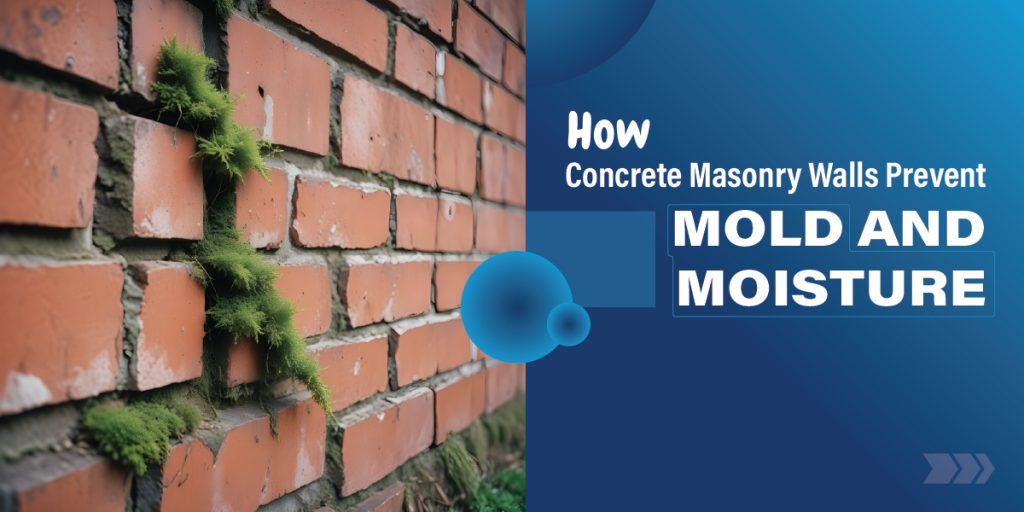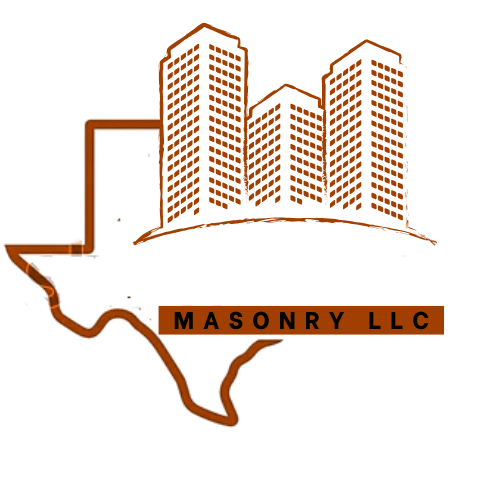
A solid and long-lasting structure demands the correct materials, specifically their ability of professional concrete masonry services to prevent the flow of elements. In most cases, moisture has become a cause of problems such as molds, wood destruction, and damage to a structural element. In this case, what may protect mold and water infiltration particularly well is concrete masonry. Concrete masonry walls be it concrete block or poured concrete are well known for resisting water.
Concrete’s Natural Resistance to Water
Concrete masonry walls inherently resist water intrusion. Unlike wood, drywall, and other porous building materials, concrete does not absorb water easily. This is because it is a dense material with low porosity. As a result, concrete prevents the easy passage of water through it as happens in other materials. Generally, water leaves a concrete surface or drips down the surface rather than getting absorbed. For example, it also has an added meaning that helps in preventing mold, which needs a wet, moist place to grow.
However, it should be pointed out that although concrete masonry is resistant to water, it is not waterproof. Penetration of water into the concrete can take place over time through cracks, joints, and an area not well sealed. Therefore, maximum sealing and proper construction techniques of concrete masonry must be assured, including vapor barriers and effective drainage systems.
Mold Needs Moisture to Grow
There are three basic requirements for mold growth namely, moisture, an organic food source, and the right temperature. Probably, the best way to prevent mold is through lack of moisture. In that area, concrete masonry stands out because concrete is highly resistant to water penetration; hence, it inhibits the collection of moisture required by molds to grow.
In concrete masonry construction, water from where it could otherwise penetrate walls and lay down conditions to its preferred growth, mold is deflected or redirected away from the building itself. It has a propensity to heavily reduce the chances of experiencing mold issues in basements, crawl spaces, or bathrooms where water tends to congregate.
Thermal Mass and Moisture Regulation
Probably one of the least known advantages of concrete lies in its thermal mass, namely, the ability of the material to absorb and store heat. Concrete possesses a high thermal mass that, apart from regulating indoor temperatures, also helps regulate moist levels. In areas with fluctuating humid levels, excess moisture from the air gets absorbed by the concrete walls. As the air dries out, it can draw moisture stored in walls back into the environment, and indoor humidity is therefore balanced, dispelling the conditions that cause mold.
Concrete Masonry Walls Are Fire-Resistant
While the interest here is more with the prevention of mold and moisture, it is also worth noting that concrete masonry walls also are fire-resistant. This may occur indirectly in building fires where the suppression agent is water; however, this is secondary while providing some help in preventing the growth of mold. Concrete possesses fire-resistance properties that allow it to stand at higher temperatures without degrading or absorbing water, thereby maintaining its moisture-resistant properties after a fire.
In addition, concrete does not release harmful toxins if exposed to extremely high temperatures; therefore, there is little chance that it would create an atmosphere that would thrive in the development of mold after a fire.
The Finale:
With proper construction techniques, sealants, and vapor barriers, concrete masonry walls can provide long-lasting protection against mold, moisture, and the health issues that they bring with them. Whichever it is, be it building or renovating a house, choosing concrete masonry will be quite a relief knowing that your building is going to be dry and healthy and free from mold for many years to come.

